In South Korea, the government is making big changes to the medical field. They want to increase medical school admissions by 66% by next year and by more than 300% by 2035.
While the government claims that the new plan has many benefits, thousands of young doctors around the country have walked out in protest.
South Korea’s Medical Reform
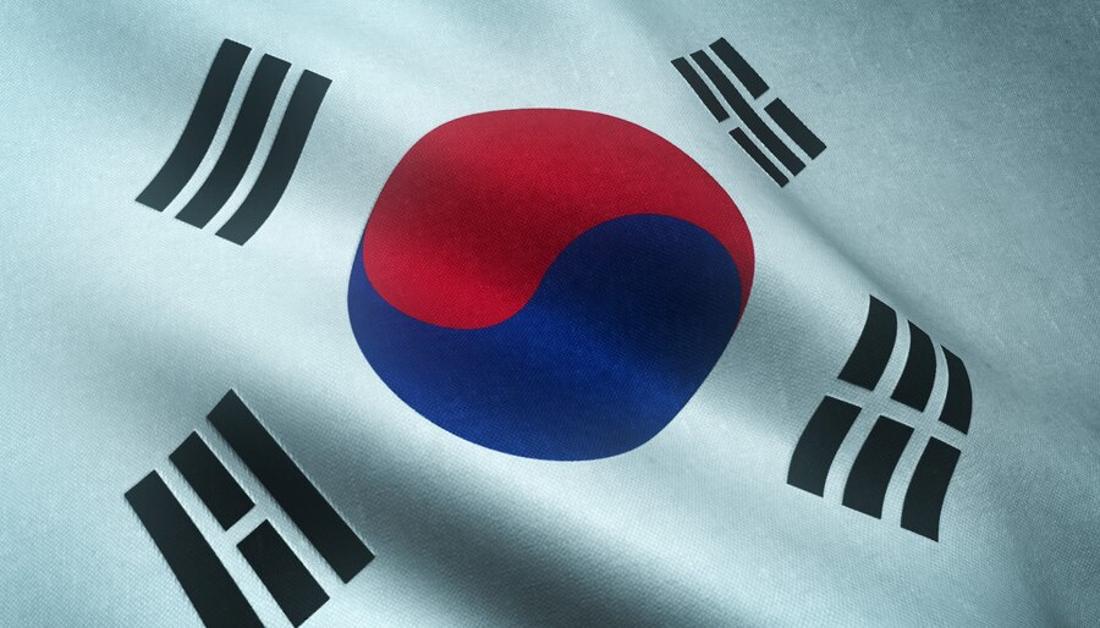
South Korea has only 2.6 doctors for every 1,000 people, which means the country has one of the lowest doctor-to-patient ratios in the world.
In response to this reality, the government has decided to instill what they consider “necessary” reforms to increase the number of doctors in South Korea. Currently, about 3,000 new doctors graduate from medical school every year; they want to ensure there are at least 5,000 in 2025 and 13,000 by 2035.
Doctors in South Korea Have Voiced Their Concerns Over the New Plan

The vast majority of the existing doctors in South Korea are adamantly against the new policy to increase medical school admissions at such an intense rate.
Although one might believe that more doctors would make their lives easier, they don’t quite see it that way.
Problems South Korean Doctors Have With the Government’s New Plan

Instead, the doctors argue that such an increase in new medical professionals will diminish the quality of service that citizens of South Korea have come to expect.
Additionally, they worry that the new reforms could significantly decrease their salaries and even their social status in the community.
Hospitals Will Be Overrun With New Patients
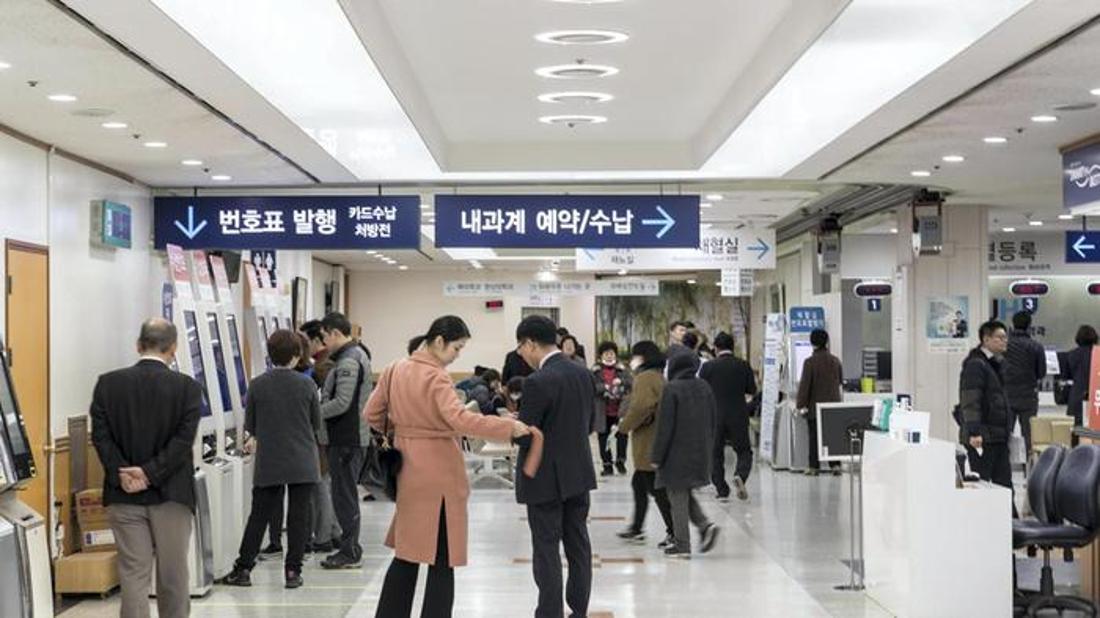
According to the Korean Medical Association, “the change would increase the foot traffic into hospitals and have a negative impact on the health insurance system.”
With these concerns in mind, the doctors of South Korea specifically told their government that they do not believe this plan is the best course of action. However, the government did not take their opinions into consideration and is going ahead with the reform anyway.
Thousands of Doctors Are on Strike in South Korea
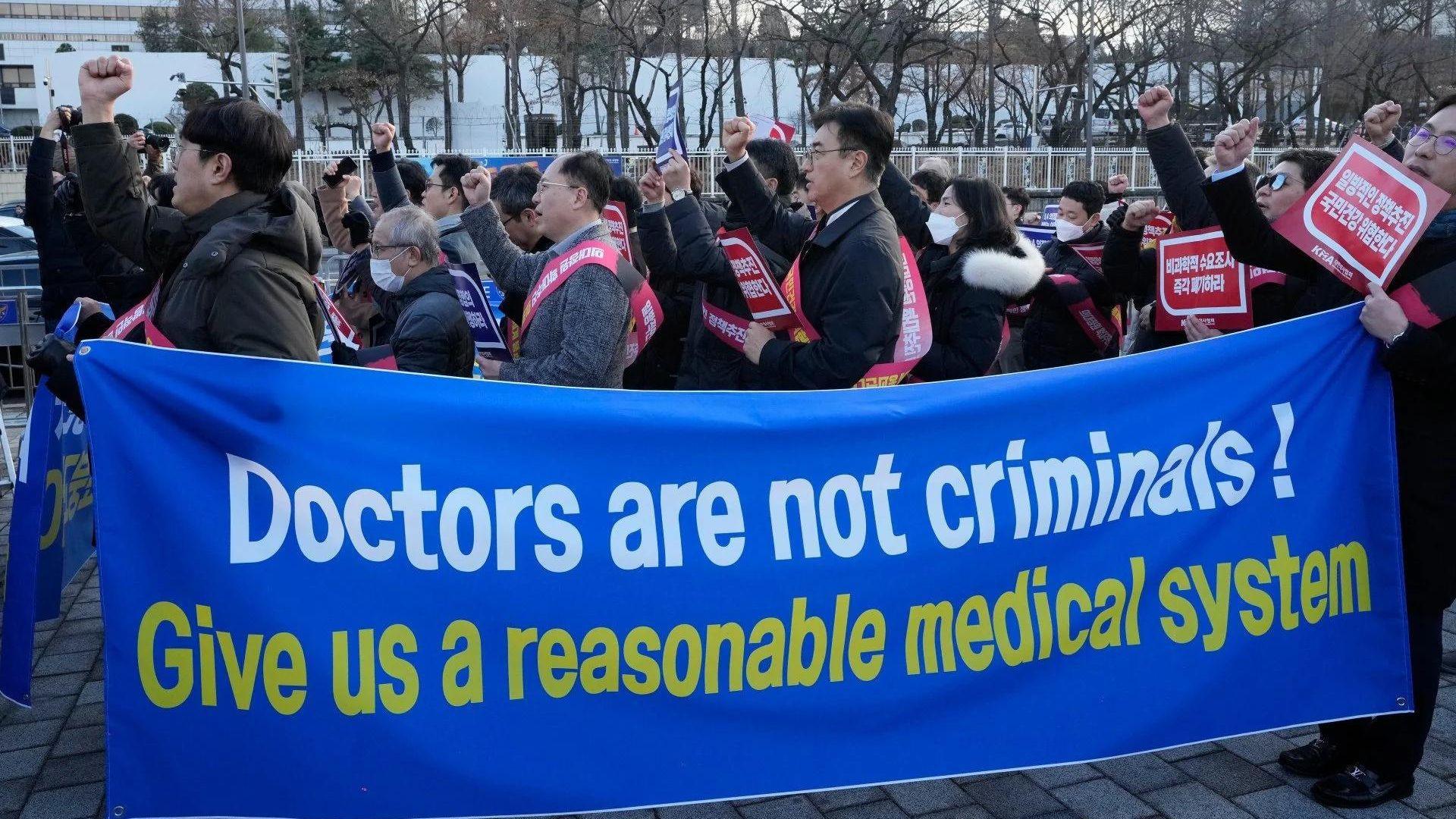
Since the government’s announcement, about 12,000 interns and medical residents from nearly 40 hospitals have officially gone on strike.
While many senior doctors have retained their posts, they are currently working overtime to ensure patients still get the care they need. Some have even decided to resign due to the complicated conflict.
Hospitals Are Refusing Resignations
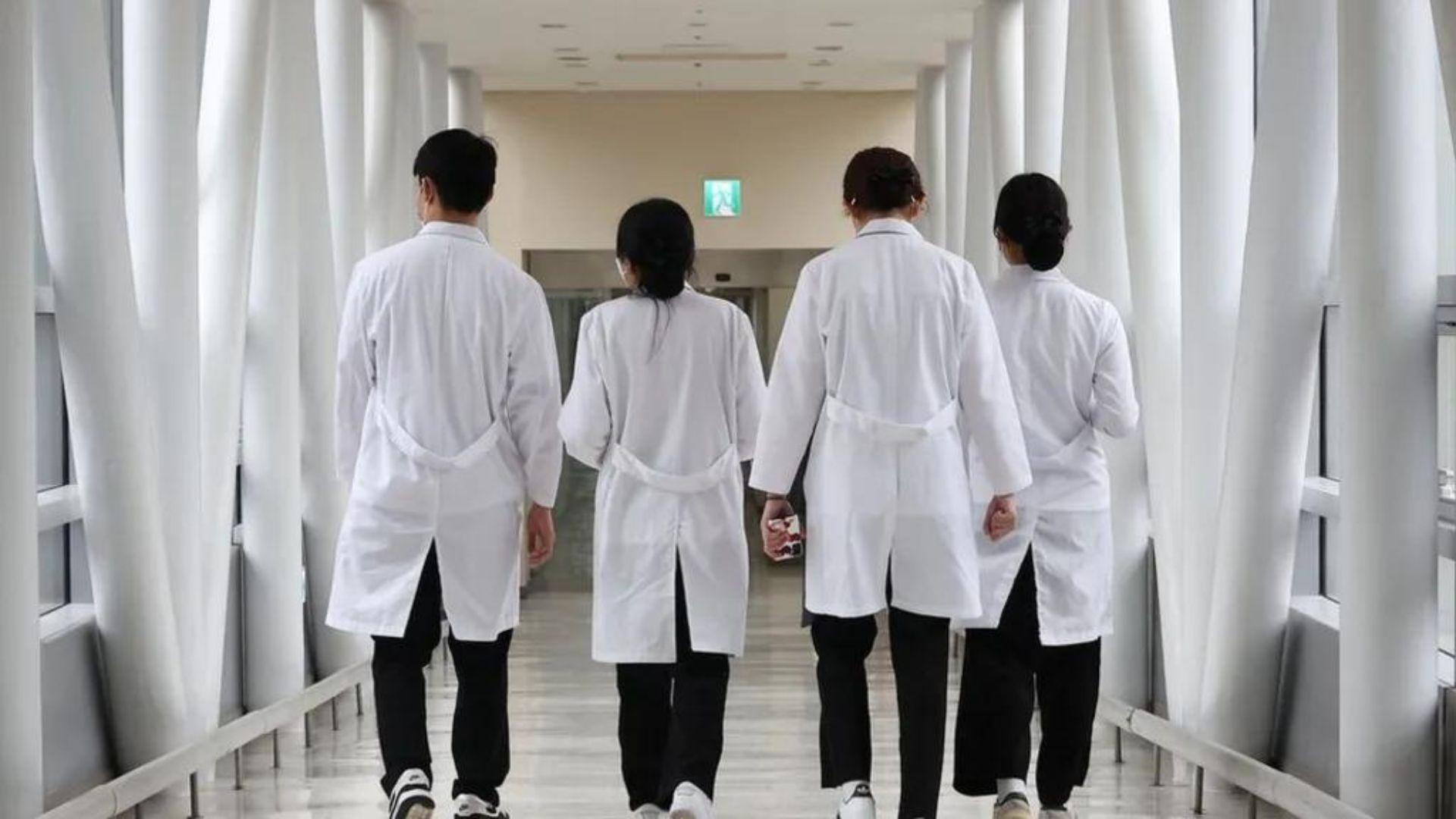
At first, it seemed as though the senior doctors weren’t planning on participating in the strike. However, just days after it began, they didn’t just leave the hospital. They actually resigned in frustration.
However, the nation’s health ministry has reported that none of the 1,630 resignations have been accepted as they are hoping the doctors will soon return to work.
Police Could Arrest the Doctors on Strike

In South Korea, there are laws in place that disallow any collective action by doctors, such as a strike or mass resignation.
Therefore, the government has warned its doctors that if they don’t return to work, they could be arrested in the coming days. While some say the government’s threats are a “witch hunt,” they can legally arrest the nearly 15,000 doctors who walked out.
The Plan Is Popular Among South Korean Residents
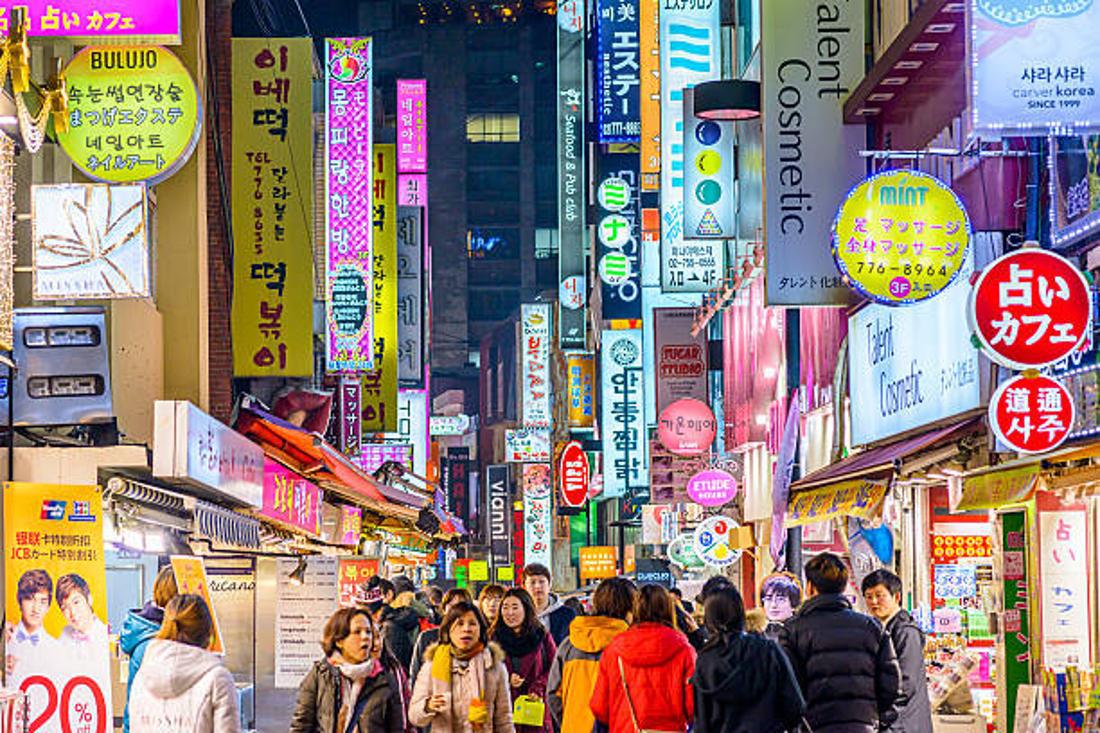
It’s interesting to note that while South Korea’s doctors and government officials go head-to-head over this issue, the general population has responded positively to the plan.
In fact, 76% of South Koreans said that they support the government’s medical reform to increase the number of doctors significantly over the next decade.
South Korean Prime Minister Begs Doctors to Return to Work
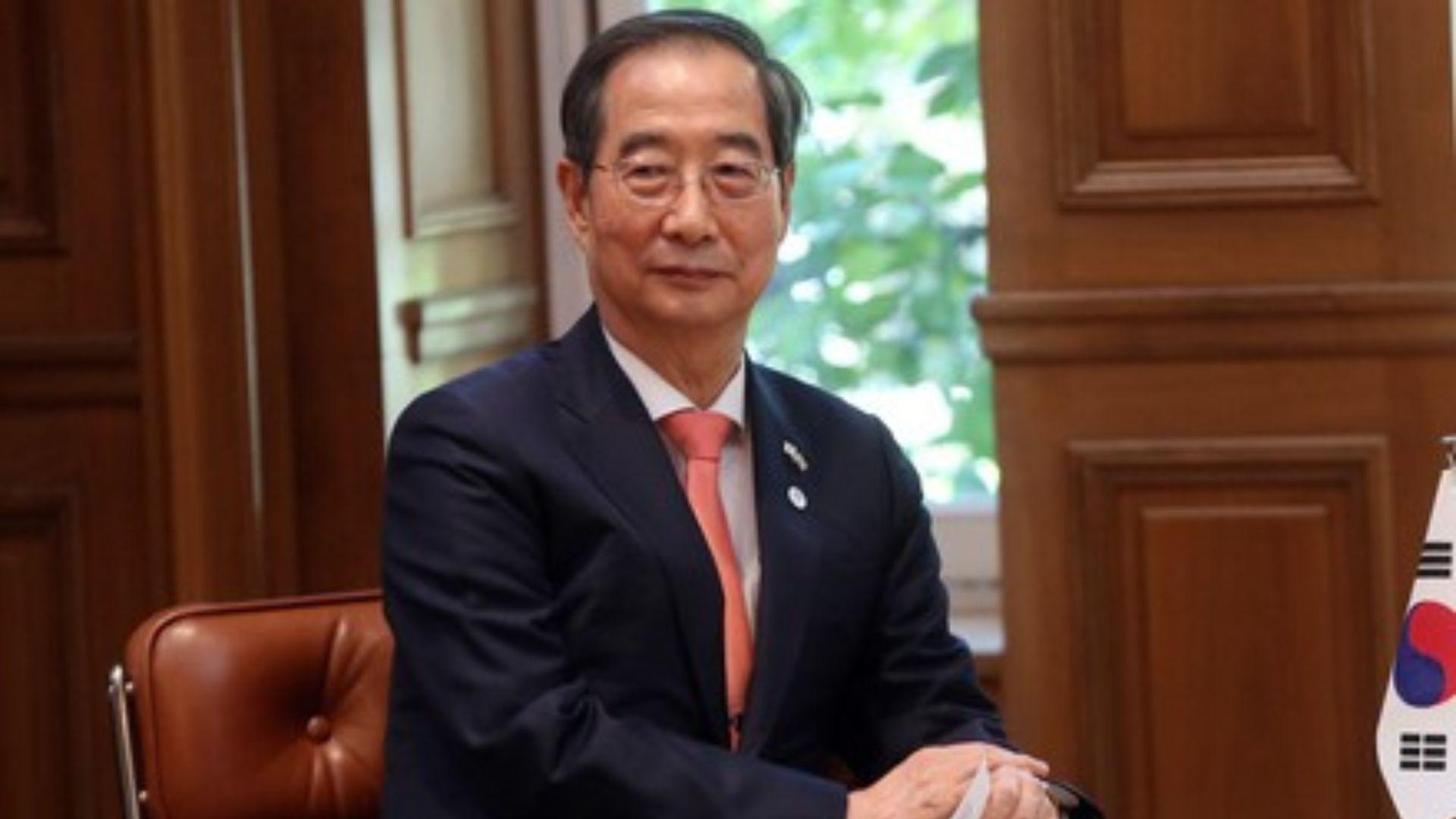
The population of South Korea, specifically those living in the country’s metropolises like Seoul, are also quite concerned about the strike. They are worried that, if they fall ill, there won’t be enough doctors to properly care for them.
Prime Minister Han Duck-zoo shares his constituents’ concerns and has publicly pleaded with the doctors on strike to return to their hospitals and ensure patients receive the care they need.
South Korean Doctors Have Vowed to Ensure Seriously Ill Patients Get Treatment
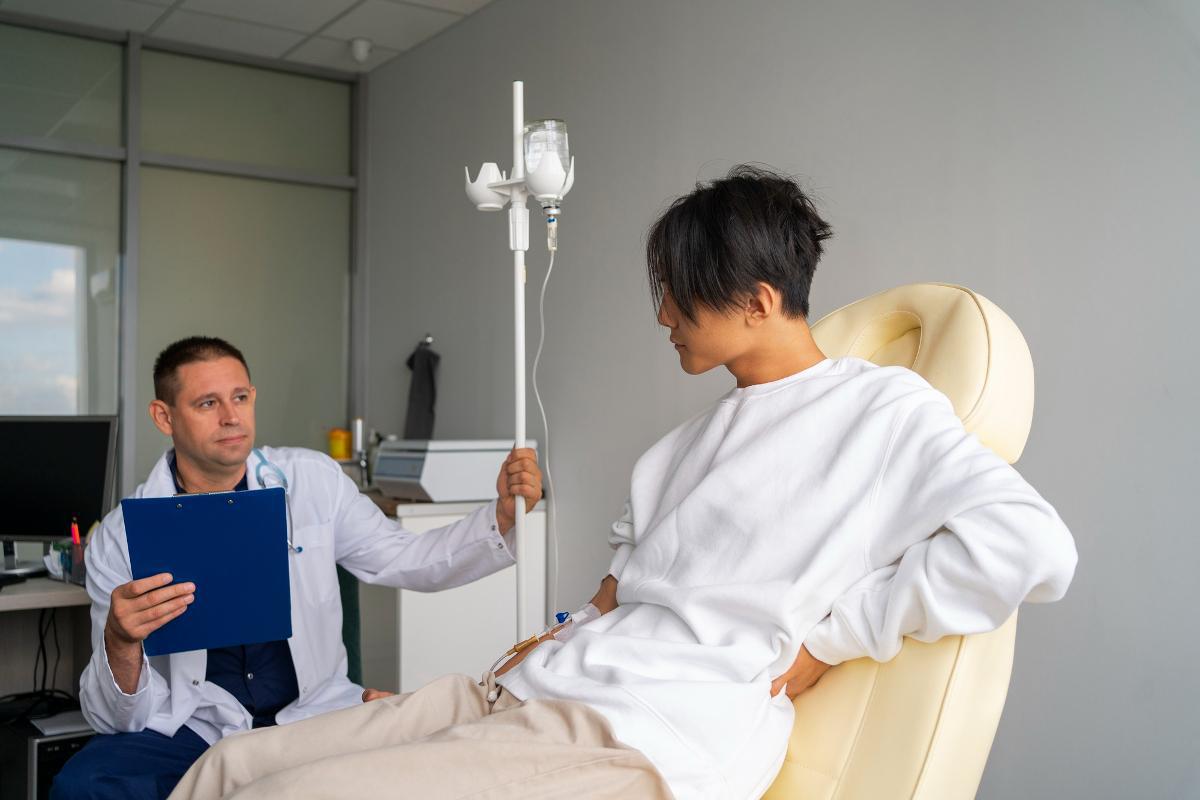
Losing thousands of doctors to strikes and resignations is certainly troubling for South Korea’s government, hospitals, and its people. However, the existing doctors have promised that they are doing everything they can to provide the best possible care.
South Korea’s Vice Health Minister Park Min-soo said earlier this week, “We will do our best to prevent seriously ill patients from being unable to receive treatment.”
The Korean Association of Medical Colleges Is Asking for an Adjusted Plan

As with any strike, the doctors of South Korea have terms for the government, and if they are met, the doctors say they will return to work immediately.
The Korea Association of Medical Colleges says they believe a compromise can be made if the government reduces the reform to increase admissions by only 11% instead of 66%. However, what will happen next for South Korea and its medical care is still very much up in the air.
